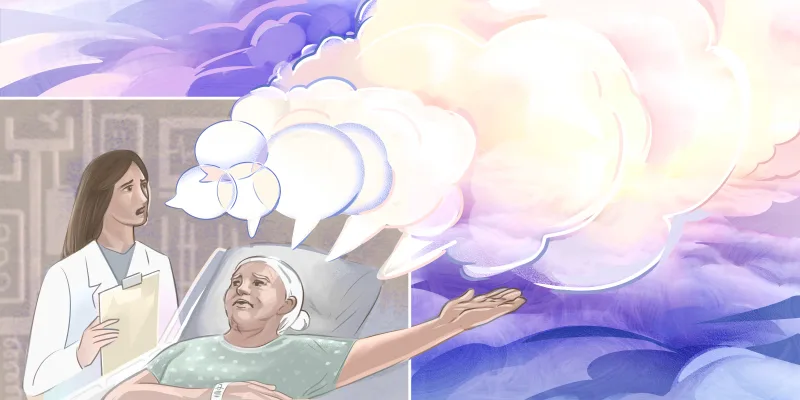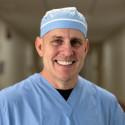
It had been three years since I saw my former medical school classmate. Sitting across from her in this café, while having breakfast, was a rare treat. She had come from the hospital post-call; I had skipped the morning session at my conference.
We both attended medical school in Washington, DC, but she pursued an emergency medicine residency in another busy metropolis hardened by people who knew how to “work” the system. I moved to a smaller, Midwestern city, where my psychiatry residency program had reasonable hours, personal time off, and generous stipends for research and conferences. The differences in our emotional experiences were evident almost immediately. While I occasionally ruminated or worried about patients at home, she talked about the raw, heartbreaking traumas that she confronted daily. She confessed that this, combined with physical exhaustion and limited professional support, had taken a toll on her; she could not see a way out of the “dark place” where she now found herself.
Between 42-59% of all physicians report feeling burned out. This number seems to be higher among residents, for whom asking for a break — be it physical or emotional — is traditionally seen as a sign of weakness or laziness. Residents are expected to be the engine of the hospital machine, quietly whirring in the background unnoticed. Their function is essential corporately and logistically. Yet, it is easy to feel that no one takes notice until the machine breaks. When this happens, the response is swift, usually due to the loss of hospital productivity and unwanted attention on the residency program. But what about when the engine is sputtering and stalling? What happens before the breakdown?
A friend once wisely told me that anyone who pursues a career in medicine will eventually hit their wall. The training is too long and the stakes are too high to not seriously question your purpose and career choice at least once. However, a pre-medical student who goes straight into medical school, then on to residency, has no work experience and is trained for no other profession by the time they are 30 years old. What happens if and when that individual changes their mind? They have no other career training and are saddled with loan repayments that most alternative career options cannot support. Even when we want to quit, there is no “off” button in medicine.
The American Medical Association recommends the STEPS Forward program to prevent resident and fellow burnout before it happens. Among other things, they recommend developing an organizational framework for wellness, which includes other aspects of personal well-being like nutrition, fitness, emotional health, preventative care, financial health, and mindset/behavior adaptability. It encourages residency programs to promote this by having an occasional weekday afternoon off to tend to personal meetings or doctors’ appointments. It also suggests practical initiatives like having a financial advisor speak to residents and making sure that residents have free access to a gym.
The things that have contributed to my well-being and sense of self in residency have all been meant to pull me away — not push me further into — my role as a resident. Having friends, who gave me a safe space to talk, provided a sense of camaraderie and support when I was at my weakest. Being able to attend church services and my monthly neighborhood book club (even though I don’t always finish the book!) made me feel like part of the broader community in which I live. And, buying a house with the assistance of a Michigan bank’s “doctor program” flooded me with a sense of dignity and financial accomplishment that I hadn’t realized I was craving.
If any of us are serious about improving resident wellness, we have to start nurturing the person, instead of just doing sporadic maintenance on the hospital engine. Residents need to know their value and purpose as human beings, not just as doctors. Ask residents who they are — who they really are — and if they don’t know, do something about it. Send them home early. Make them leave the hospital to eat lunch. Tell them to take a break and call their family.
Undoubtedly, the machine is going to slow and the supporting members of the team are going to grumble. There will be a delay in rounding when the resident is at lunch; there is more work for an attending on the afternoon he sends the resident home. But, if we don’t consciously choose to do something, we will continue to lose valuable colleagues. If the recent spike in resident suicides has taught us nothing else, it is that we cannot continue to function as we are. Someone has to be the light that pulls residents and spent colleagues out of their dark places. That someone has to be all of us.
Shayna Bailey, MD, is a rising PGY-4 and chief resident in Psychiatry at Pine Rest Christian Mental Health Services/Michigan State University. Prior to medical school, she worked as a freelance writer and magazine columnist. She also co-authored GODencounters, a young adult devotional book. She lives in Grand Rapids, MI.
She has no actual or relevant conflicts of interest to disclose.







